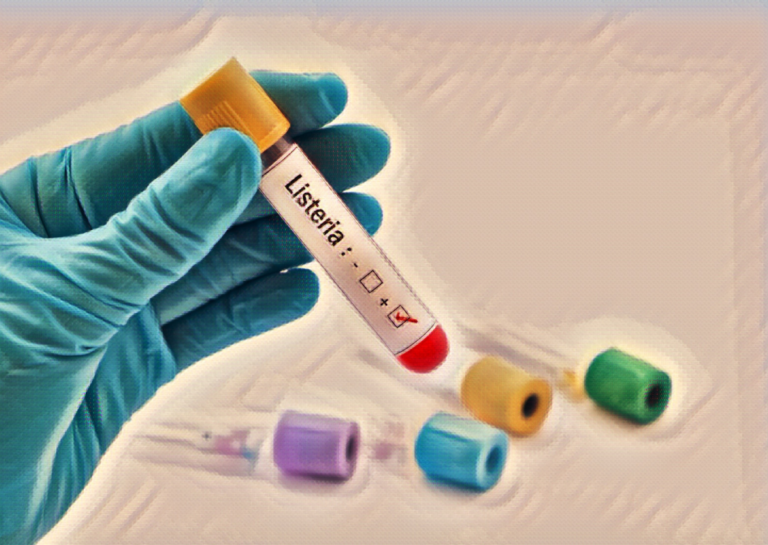Overview
Listeria is a type of bacteria that can cause serious infections in children. It is a rare but serious illness that can lead to severe complications, including death. Listeria infection, also known as listeriosis, is caused by the Listeria monocytogenes bacteria. This bacteria can be found in soil, water, and some animals, including poultry and cattle. It can also be found in certain foods, such as raw or undercooked meats, unpasteurized milk, and certain types of soft cheeses.
Symptoms
Symptoms of listeria infection in children can vary depending on the age of the child and the severity of the infection. Some common symptoms include fever, headache, muscle aches, nausea, vomiting, and diarrhea. In more severe cases, the infection can lead to meningitis (inflammation of the lining of the brain and spinal cord) and septicemia (blood infection). Symptoms of meningitis can include a stiff neck, headaches, and confusion. Symptoms of septicemia can include fever, chills, and low blood pressure.
In newborns, symptoms of listeria infection may be more severe and can include fever, vomiting, irritability, and poor feeding. In some cases, the infection can lead to serious complications such as sepsis, meningitis, and even death.
Causes
Listeria infection is caused by the Listeria monocytogenes bacteria. Children can become infected with this bacteria through various means, including:
- Eating contaminated food: Listeria can be found in certain types of raw or undercooked meats, unpasteurized milk and dairy products, and certain types of soft cheeses.
- Drinking contaminated water: Listeria can also be found in soil and water, and can infect children who drink contaminated water.
- Contact with contaminated animals: Children can also become infected with Listeria through contact with animals that carry the bacteria, such as cattle and poultry.
- Mother-to-child transmission: Listeria infection can also be passed from a pregnant woman to her unborn child, either through the placenta or during delivery.
Treatment
Treatment for listeria infection in children typically includes antibiotics. The specific type of antibiotic will depend on the severity of the infection and the child’s individual health. In some cases, hospitalization may be necessary to provide supportive care and close monitoring.
Prevention
There are several steps that can be taken to prevent listeria infection in children, including:
- Cleanliness: Wash hands and surfaces frequently, especially before and after handling food.
- Food safety: Cook meats thoroughly and avoid consuming raw or undercooked meats. Avoid unpasteurized milk and dairy products, and certain types of soft cheeses.
- Water safety: Drink only clean, safe water.
- Animal contact: Practice good hygiene when handling or caring for animals.
- Pregnancy: Pregnant women should be particularly careful to avoid foods that may be contaminated with Listeria.
Citations
- Centers for Disease Control and Prevention. (2021). Listeria. Retrieved from https://www.cdc.gov/listeria/index.html
